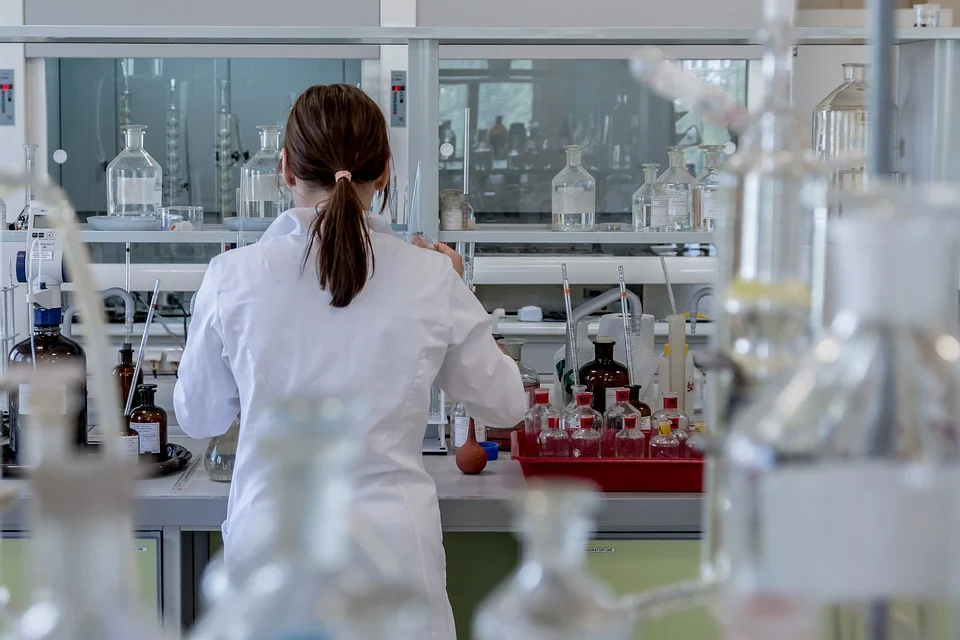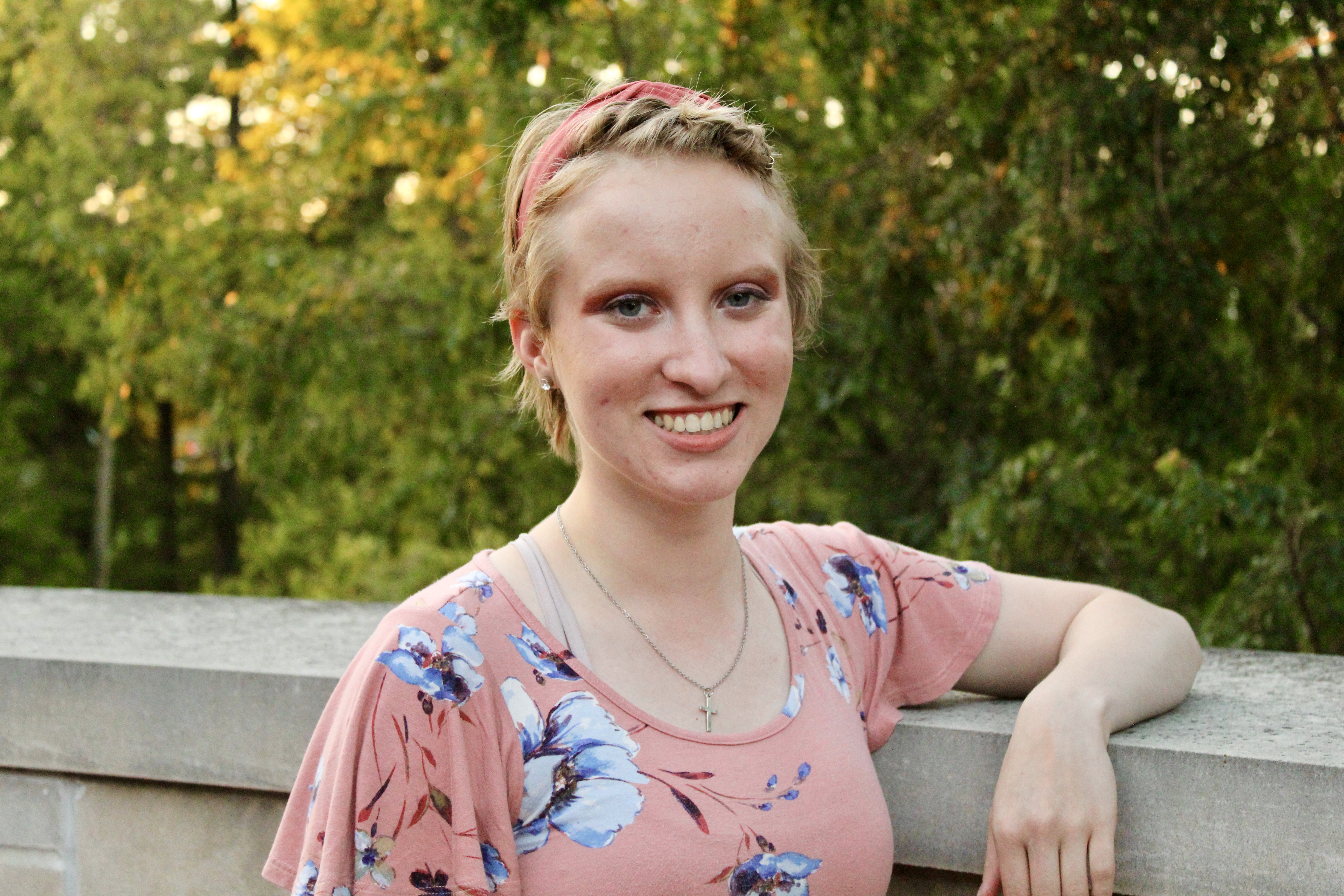Freshmen in a Research Lab? You bet! Arts and Science Undergraduate Research Experience (ASURE) is a unique program at Indiana University that allows freshmen to gain research experience. After ranking their top choices online, freshmen are paired up with one of the ASURE research labs on campus. While many of the labs are in the disciplines of biological or chemical sciences, there are also research labs in the arts and humanities, which opens up the opportunity to research for a diverse range of interests.
Each research lab sequence differs slightly in structure. My first semester of college, I was enrolled in “The Science of Empathy” class along with other ASURE students. This “Science of Empathy” class delved into various facets of empathy, including the darker sides of empathy. The class centered around an independent research project which related to empathy and would be presented at a poster show at the end of the semester. After tireless hours, my research partner and I developed a survey based on two scholarly examinations, collected responses, analyzed the data, and designed the poster. “EMTs: Trauma and Empathy in Emergency Situations”. While I had always associated research with lab work, it was really interesting to gain experience in humanities research and present my final research project at a poster show
For the first semester, I was also enrolled in a careers class that was specifically for ASURE students in the natural and mathematical sciences. While I felt relatively certain in my career ambitions in high school, I began to feel overwhelmed in college by all of the possibilities for my future. It was great to have a class where I could explore so many possibilities in the scientific field. Throughout the semester, the class involved guest panels including grad students, professors, and alumni that talked to the class about their IU experiences, career experiences, and gave us advice as we embark on our own journeys. The overarching theme I noticed at every panel was “you don’t have to have everything figured out.” It was encouraging to hear from so many academically and professionally successful individuals that they had changed their mind, met bumps along the road, and struggled with doubts.
This semester, I began my lab portion of the ASURE program. Going into the first day of the lab, all I knew was the title of the class “Bacteria, Antibiotics, and Resistance”.We immediately started learning about the current research of the lab from Professor Landeta. As a freshman who hadn’t even taken a college bio class, I felt a little overwhelmed trying to wrap my head around so many complex concepts. It was a learning process both for the students and our professor. Professor Landeta constantly finds new ways to explain complex concepts and gauges what we know to understand what concepts aren’t as clear for us.
Once we passed the hurdle of learning lab techniques and theory, the experiments started and we began to fall into a weekly routine. On Tuesday, each team performs a chemical genetic screening. On Wednesday, one member of each group comes in for about 30 minutes to remove their plate from the incubator, scan data using software, and save the data. On Thursday, each team analyzes their data for any possible ‘hits’ and shares their data with the class.
I was surprised how much trust and responsibility we were given in the lab and the complexity of our research. To sum it up very briefly, our teams are performing chemical genetic screens on E.Coli strains in order to uncover genes that will reduce growth in the presence of the drug Compound 12. In order to solve the current issue of antibiotic resistant bacteria, many researchers have been looking into making new antibiotics. However, Dr. Landeta is taking the alternative hypothesis of looking into how these bacteria can be inhibited by shutting down bacterial pathways that are essential to bacterial growth. Every week, I have been learning both about molecular biology, bacterial genetics, and other scientific concepts while gaining hands-on experience by actively partaking in research.
While some stereotypes may make out a lab as an isolating and silent place to onlookers, the opposite has been proven for me. It is a very collaborative space that thrives on teamwork. The most prominent lesson I have learned so far is that science isn’t about always getting the right answer the first time. It is about making mistakes, discussing what and why these errors are occurring, and trying again. In the words of the great Marie Curie, “Have no fear of perfection; you’ll never reach it.”
For further reading on Dr. Cristina Landeta’s research lab



